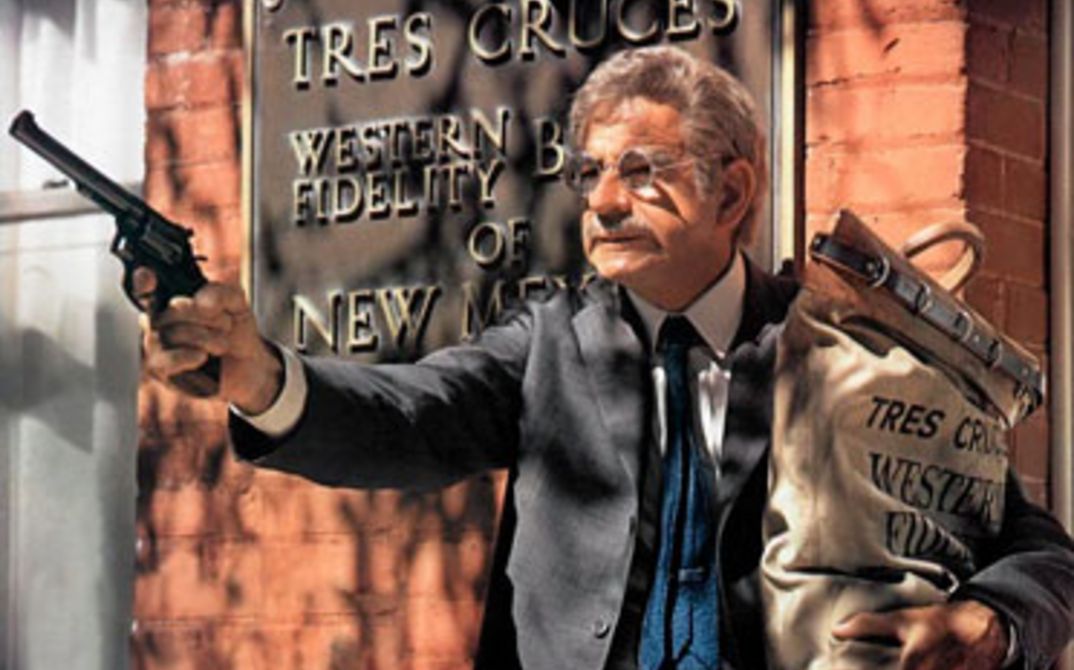
Don Siegel Retrospective
Don Siegel (1912–1991) was a true master of action-packed genre cinema who directed a total of fifty films for cinema and television between 1945 and 1982, encompassing science fiction, gangster films, prison dramas, thrillers, war films, westerns, and, above all, police and criminal films. Tautly directed individual scenes, a brisk tempo, vitality, a sense of sobriety, narrative economy and precisely timed editing are characteristic of his films – before he started directing his own films, his previous career included a job as the head of the editing department at Warner. After two Oscar-winning short films and two features for Warner, he went on to direct a series of unpretentious, effectively mounted B-movies on a modest budget. From the 60s onward, Siegel developed into a directorial star, working with famous casts and larger budgets. He had a special relationship with Clint Eastwood, for whom Siegel was both a teacher and a mentor. The two of them shot five films together, including DIRTY HARRY (1971), the film that gave Clint Eastwood international fame.
A key theme of Don Siegel's oeuvre is aggressiveness. "Crime is aggressive, and so is the law" is how this is expressed in THE LINEUP (1958), which Peter von Bagh saw as forming the centerpiece of Siegel’s career. Taken together, his films form a phenomenology of aggression, a set of discourses about the relationships between society and crime in which the similarities between those who protect the law and those who break it are impossible to overlook. Siegel's interest was always with the outsider and much in keeping with how he viewed himself. "The last of the independents” is what's written on the titular protagonist's company sign in CHARLEY VARRICK (1973) – something that Don Siegel could equally lay claim to, being one of the last independents capable of holding his own against formidable organizational structures and creating superior achievements even in adverse conditions. In many cases, Don Siegel succeeded in influencing all phases of production, often as his own producer, and was able to retain a significant amount of freedom within the studio system.
